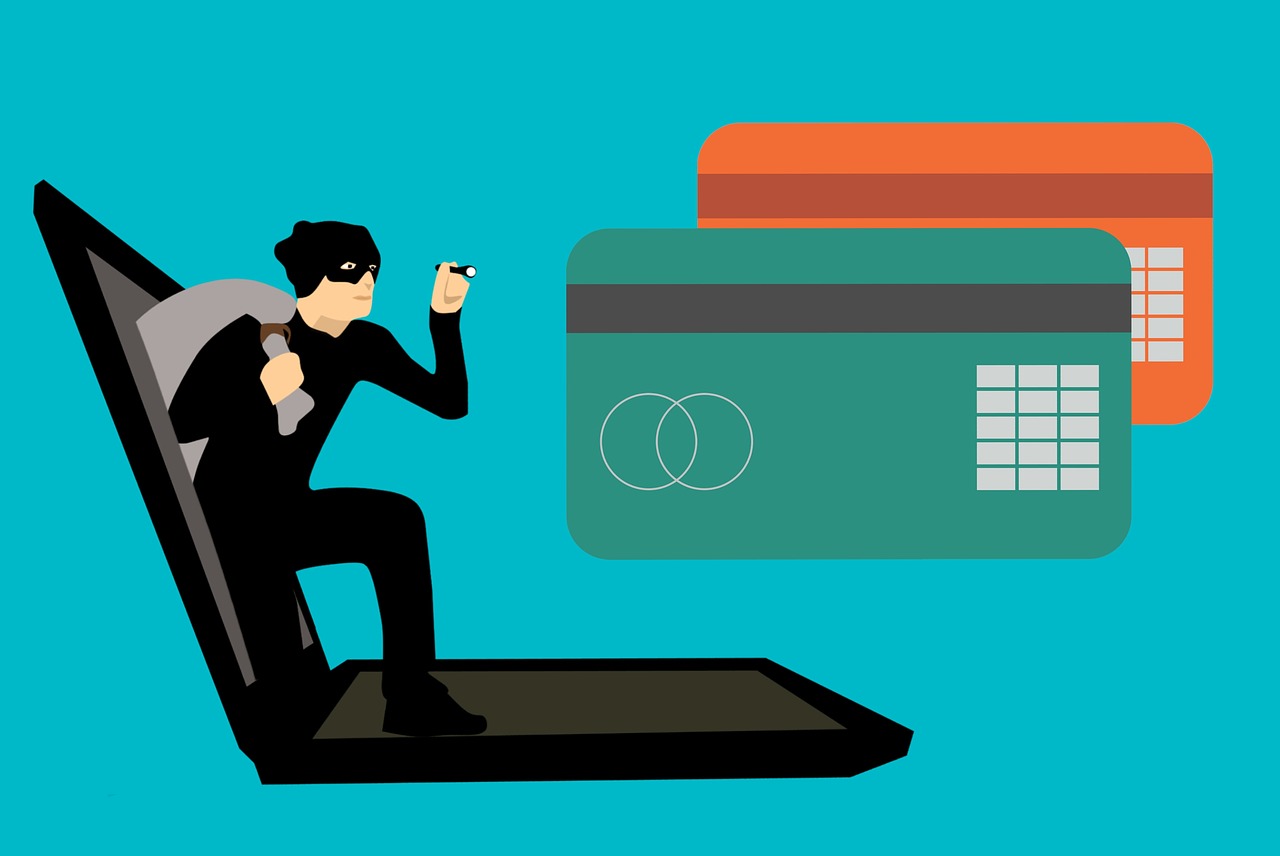
15 Feb Financial Identity Theft: How To Stay Safe
It’s not a secret anymore that our world is not as it used to be, and that includes both pros and cons. Online banking, web exclusive offers, and so many other financial amenities in the digital world, they can be a two-edged knife. As you’re about to read, we’ll explain you the basics you need to know for financial identity theft. Definitions, prevention tips, ways to report etc., they’re all here. Check them out!
What Is Financial Identity Theft?
As a financial identity theft, we consider the situation where someone steals your personal identifiable information (PII), and he is using them for his own financial benefit. Identity thieves can steal your account’s or card’s number and PIN, therefore, withdraw money, make online transfers or payments etc. Additionally, they can open new accounts under your name, rent a house, and honestly, the list has no end! It is crucial to be aware about this issue and take the necessary precautions. Need help for that? We got you covered!
How to Prevent Financial Identity Theft?
- Check your credit report on regular basis in order to monitor any unusual financial activities. Possible identity theft will not only cost you money, but it can also affect your credit score if you don’t stop it at an early stage. Because you can’t hope for the thief to also pay the bills of the accounts he opened!
- Your Social Security Number or Card, is a very important factor of PII and you must keep it safe. Don’t carry it around with you, unless you’re about to use it, and be careful with who you’re sharing it. If someone asks about it, don’t hesitate to ask the reason, and how they’re planning to protect your privacy.
- Financial identity theft thrives on internet, so it’s your duty of care to keep your information safe. Remember the following: No credible organizations and sites will ever ask for your PIN. At the same time, be careful with spam emails, and invest in a good anti-malware software.
- Don’t use easy to predict passwords like birthdays etc. Yes, these passwords are easy to remember, but it’s as easy for identity thieves to guess them!
- Use a secure email slot or a locking email to store and protect emails from your online financial activities.
Oh no! You Are Victim of Financial Identity Theft! What Can You Do?
And when you thought that you’re safe, suddenly the you’re exposed and someone is acting or even worse purchasing on behalf of you. You should act not only as fast as possible, but immediately. Here’s how:
- Report the identity theft to the Credit Reporting Agencies (CRAs) immediately. CRAs can and will take actions against the financial identity theft in order to protect you. They will freeze possible accounts made from the thieves, and this way they will prevent further damage. Also, they will remove and correct these errors from your credit report.
- File a police report and use it to contact credit agencies where thieves have taken action. Prepare all the necessary documents to support your request of freezing and/or closing the accounts you did not open.
Make it a habit to conduct regular checks and stay up-to-date with any unfamiliar financial activity. Financial identity theft is certainly not a joke and it can affect you in so many ways!
If you are safe and theft free, focus on improving your credit rating. Baby Boomers Financial can effectively repair your credit and lead the way towards your financial freedom. Let’s chat!
